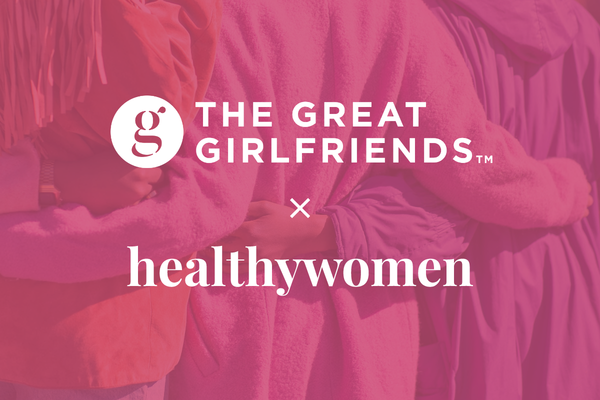Chances are, if you're like the majority of Americans, there's one aspect of your health that you monitor regularly. It could be blood pressure, insulin levels, weight, calorie intake or your menstrual cycle. According to a recent report by the Pew Internet Project, 69 percent of Americans track some kind of health data, which could have interesting implications for the future of health care.
How are Americans tracking their health data, and how does this affect the way doctors and patients provide and receive care?
Smartphone apps make it easy
These days, many people have smartphones with them at all times, which means it's now easier than ever to manage information whenever and wherever you feel like it. That's why there are more than 100,000 health-related apps on the Apple, Android and Microsoft markets. With so many choices, it’s best to narrow your search to apps from which you would most benefit. For example, tracking diet and exercise habits has been shown to help people lose more weight and eat healthier meals, but before smartphones, it was tedious to do it. Now, all it takes is a few minutes to enter the information into a smartphone—and let the app track it for you.
Knowing your numbers can benefit you
Whether it's your weight, your daily calorie intake, your blood pressure or your cholesterol levels, knowing your numbers can motivate you to make positive changes to your lifestyle. It can also make you more likely to be involved in your health and bring up certain topics with your health care provider that you wouldn't have otherwise. If you've been tracking your symptoms, it may help you get an accurate diagnosis sooner or advice to improve health problems you've been noticing.
You still need professional advice
While tracking certain aspects of your health can help you in a variety of ways, it's important to keep in mind that just because you're more informed about your overall wellness doesn't mean you don't need the services of a health care provider. Even if you think you can diagnose yourself with an illness based on information you read online, only a health care provider is truly accurate. Not everything on the Internet is reliable, and apps don't have the expertise of someone who was trained in medicine.







